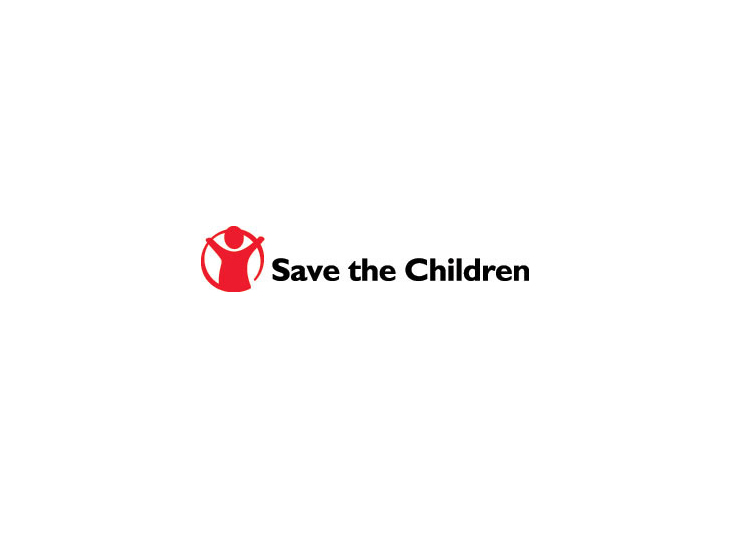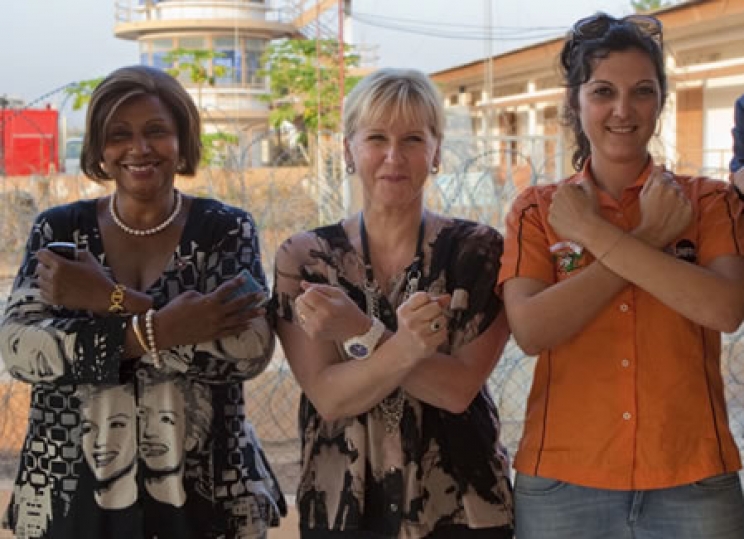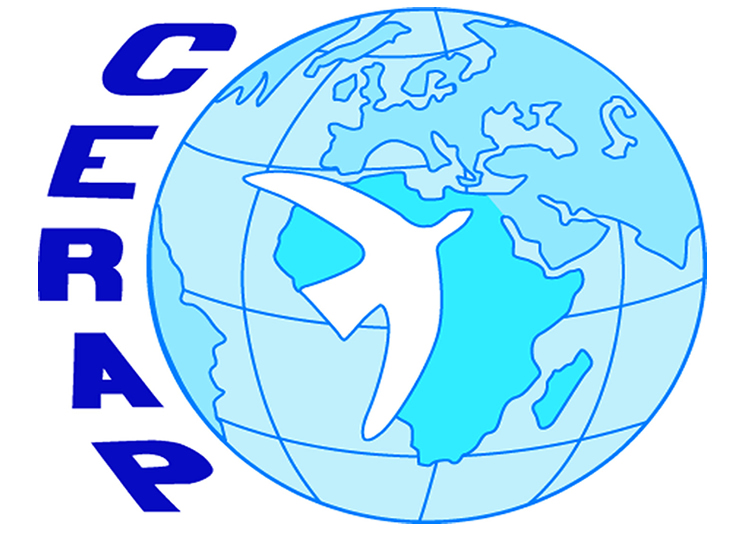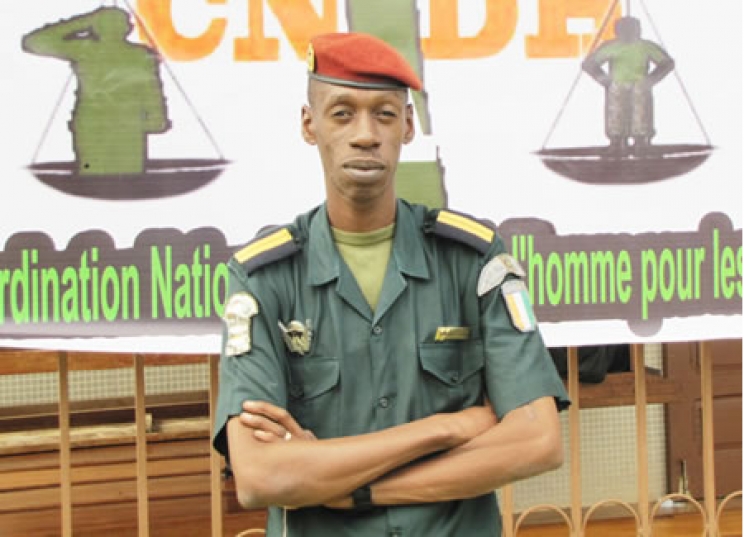
Eugène NINDORERA, Head of the Division of Human Rights and Representative of the High Commissioner for Human Rights
Would you like to introduce yourself to our readers?
My name is Eugène Nindorera, Head of the UNOCI Human Rights Division and Representative of the United Nations High Commissioner for Human Rights in Côte d'Ivoire. I took office in March 2012.
What are the UN CI support strategies for the continuation of the project? FRCI training in Human Rights and International Humanitarian Law?
This project having started since 2011, I took the train in motion. This training project is a good initiative and we can happily see that many things have improved since that time. The trainings were accentuated and we could do them everywhere except in some localities. But I think it's still possible to cover these localities. And all this has been possible because there was a desire not only at the highest level of the state, but also at the Ministry of Defense and especially at the Chief of Staff himself to precisely encourage these different formations concerning human rights.
At the UN, we are several agencies United Nations (including UNHCR, UNFPA, UNICEF) and other actors within UNOCI in addition to of the Human Rights Division to get involved in this vast program. We therefore privileged training of trainers.
Was this part of the strategies?
Indeed we consider that we will not stay forever in Côte d'Ivoire, and that it is up to the police themselves to take care of themselves by forming precisely their elements on the ground. It is by training the trainers that we have the opportunity to establish a system that is sustainable. This is a fundamental approach for us. The other strategy is of course, to base our training on certain other fundamental notions.
Which ones?
- It is necessary to have a certain amount of theoretical knowledge about Human Rights. We try to start from concrete realities to interest the military in relation to cases that we observed on the ground. And sometimes we realized that the soldiers were not not aware that they were committing violations; so there was a certain level ignorance in the abuses that were perpetrated. In discussing the real facts, we try to change their perception of things and to encourage them to change their behavior.
Once the trainers are trained, they are expected to take over, and this has already started. But we will continue to accompany them as long as we are still here, so FRCI, the qualified personnel needed to really ensure these formations. As these formations have a cost, we will also support their efforts to mobilize additional resources.
Secondly, what are UNOCI's strategies to promote Human Rights in other socio-professional bodies.
Beyond the FRCI, I believe it is important to ensure that in other law enforcement, defense and security services, such as the Police, the Gendarmerie, the Waters and Forests, the logic is the same and that the activities of promotion of human rights are also developing at this level. We are in the process of Focal Points everywhere to make them trainers in Human Rights
Where for example?
At the police level, but also at the level of the different camps. We will also, beyond training to see to what extent these formations have an impact on the ground compared to the practices of these different forces. And we have seen that there is actually a decrease in the exactions as well an increase in the sanctions measures taken by the military authorities. This is very important and we encourage the authorities to take more responsibility at this level even though we have already noted significant progress in this area.
We are also advocating to strengthen the teaching of Human Rights topics at Police and Gendarmerie Schools. Thus, those who leave these schools will have a better knowledge of Human Rights. They will not be able to have excuses if they commit human rights violations.
Outside dressed bodies, do you intervene in other socio-professional bodies?
Yes! For example in the education system, including through human rights clubs. We intervene at the level of the curricula. Just last week, we had a meeting with the person in charge of it at the level of the Ministry of Education and we went agreed to improve the implementation of this program, which also requires relatively Teacher training deserves special attention.
Here too, progress has been made. But, beyond the specific course on Human Rights, other lessons such as history, French or English, can effectively convey the values of Human Rights.
We also build the capacity of civil society organizations that bring their contribution to monitoring and improving the human rights situation in Côte d'Ivoire. At the level of rape, awareness seems to have an impact since there are more and more victims who have the courage to lodge a complaint against the alleged perpetrators of rape whereas yesterday, people were more reluctant to do so because of social pressure or the risk of retaliation. All this is the result of the sensitization we are conducting.
Promotion of Rights of Man is also made in the direction of the agents of the Government. The Ministry in charge of Human Rights Man takes many initiatives in this direction, such as human rights caravans. The most recent took place in the Korhogo region.
Beyond promotion activities human rights, there must also be protective measures and sanctions that are necessary when agents go beyond their prerogatives and allow themselves to violate the rights of others.
What are the challenges in promoting human rights at the level of the armed forces ?
Since any program requires resources, it must be ensured that these means are available. It requires continuous training, ensuring the sustainability of the process by training the trainers and by going as low as possible in these formations to extend the group of trainers, and to make sure of the impact of these trainings. The only way to realize that these activities of promotion have an impact, it is also to follow up; to see how people behave on the ground. But we have already had the opportunity to observe progress sensitive on the ground.
In what proportions?
It is difficult to indicate percentages. What is important is to see when there is even disciplinary cases that are a little more regular.
Another example, when it comes to sending soldiers of the Ivorian army in a mission of peacekeeping as in Mali (MINUSMA), we had very practical training sessions, inspired by the realities of Côte d'Ivoire and the subregion.
We have also seen the Government and the Chief of Staff in particular be extremely open to make sure that among the people who are going in Mali or want to become peacekeepers, there are no people who would have been involved in human rights violations. So we were able, at the level of our division, to make investigations to testify that the people who had been identified to go to Mali had not been involved in human rights violations. This attitude is really a very concrete testimony of the will authorities to move forward on this terrain. It is certain that this process will take time, there is still a lot of progress to be made, but we are moving in the right direction.
Are you comfortable with the national authorities in the exercise of your missions?
Yes, we are comfortable. I think we have a great openness on the part of those responsible. I have, compared to the FRCI, discussed quite regularly with the Chief of Staff or his deputy who deals with operations and we have put in place a mechanism that allows us to share information on the cases of violations that we submit. They have the opportunity to control our allegations for ability to take sanctions.
It is a mechanism that has yet to prove itself, but it is already a sign of good will to the part of the Government which wants precisely to put an end to certain current practices in the past where there were open violations by the military and they enjoyed impunity.
The availability not only of UNOCI but also of the entire United Nations system exists. And these two combined efforts make us think that things could improve even if there is still many challenges to overcome. There is no country where there is no violation of the human rights committed by law enforcement and security forces. But the most important thing is to make sure, when that happens, there is a mechanism in place to identify and prosecute those who may have committed these abuses. This mechanism exists but its operation has not yet reached its cruising speed.
Leaving our country when the time comes, what do you expect to leave solid to the Ivorian nation?
When we train trainers it is so that they are able to provide training who, yesterday, were our responsibility. Today there are skills within the defense forces and security to give these formations. But beyond the formations, we insist on the fact that we must to preach for example. If a good trainer is known to beat up his wife and children, he will not be credible and can hardly bring about a change in behavior. Any exaction or violation can not go unpunished and its author is accountable. This person must know that he is not not to the army or the police to satisfy his personal interests, but that he is here to serve populations regardless of their origins or multiform membership. If we manage to root these basic principles within the defense and security forces, we will have left a legacy significant to the Ivorian nation




